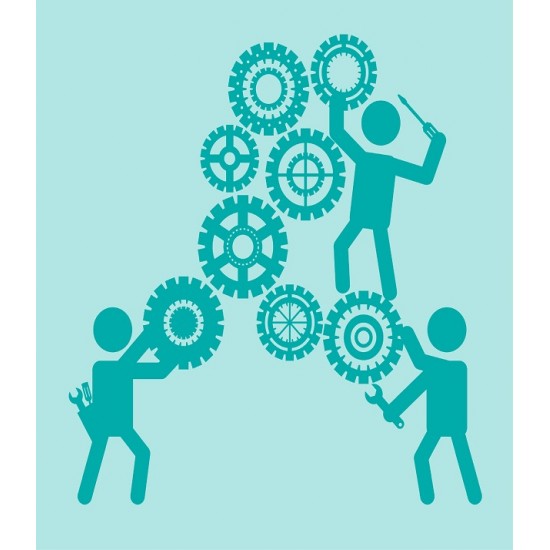
Planning career path and successful training
$2,300.00
The cost of a course changes depending on the venue
Objectives
- Participants and participants gain the ability to develop human resources.
- Learn about the latest mechanisms of human resources work and identify best practices in training and human resources.
- Provide participants and participants with basic information about training management.
- Change the attitudes of participants and participants towards the training process to convince them of the importance of this job and the need to implement different stages.
- Gain participants' performance appraisal skills and high quality performance.
- Designing programs and training centers in a sound scientific manner.
Who Should Attend?
- HR staff
- Human Resources Managers
- Team leaders and supervisors
- Directors and Heads of Departments
- Executives
- Secretary and office supervisors
Seminar Outline
- The concept of control and its importance.
- Quality control methods and types.
- Stages of the control process.
- Modern methods of selecting regulatory standards.
- The psychological and behavioral aspects associated with the supervisory function.
- Characteristics of effective control system.
DAY 1
- Forecasting of human resources.
- Ways of dealing with demand and supply of labor in cases of surplus and disability.
- The merits to determine the kinds of jobs required.
- Use the criteria of credibility and consistency in the selection of employees.
- Analysis gauges the yield of employment.
- Criteria for measuring the productivity and cost of workers.
- Developed ways to measure the rotation rate of employment.
DAY 2
- Personal standards for measuring human performance.
- Administrative standards for measuring human performance.
- Leading standards for measuring human performance in business organizations.
- Criteria for European institutional excellence to be met in human resources when evaluating.
- Total quality standards in the measurement and evaluation of the human element.
DAY 3
- Methods for identifying training needs.
- Methods of assessing return on investment in training.
- Different levels of return on investment in training.
- Tools for evaluating the return on investment in training.
- Advanced methods used to measure the return on investment in training.
- Difficulties and obstacles to measuring training performance.
- The most modern methods used to overcome obstacles to measuring training performance.
DAY 4
- Analyze the results of human performance assessment and training of employees.
- Define areas of improvement and performance development in accordance with the requirements of institutional excellence and quality.
- Recent basic trends in performance development.
- Scientific and practical methods to apply the orientations of development processes.
- Develop an integrated strategy to implement performance development processes.
- Methods of measuring the return of the development and performance of employees.


